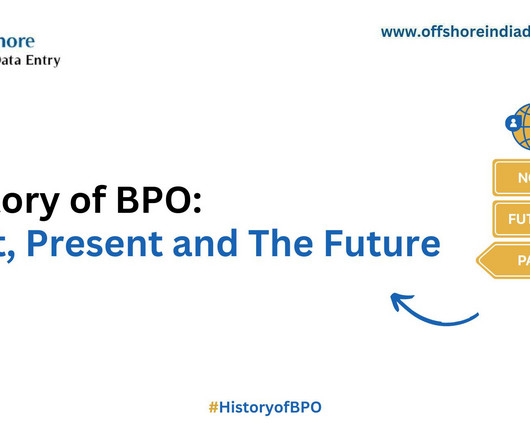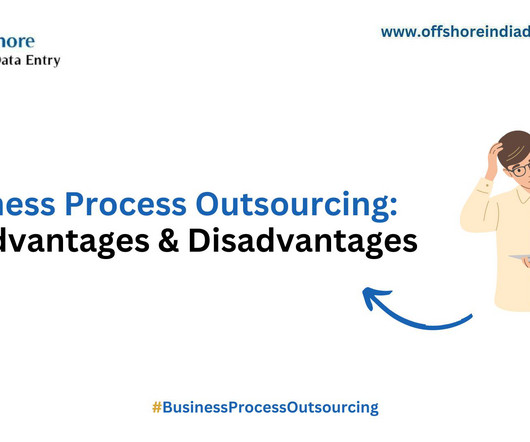From Roman Tax Collectors to Global Business Partners: A History of Outsourcing
Premier BPO
MAY 30, 2024
In the early 1900s, Henry Ford outsourced parts of the automobile production process to streamline operations and reduce costs. ” Outsourcing gained momentum as companies sought efficiency and cost savings.



















Let's personalize your content